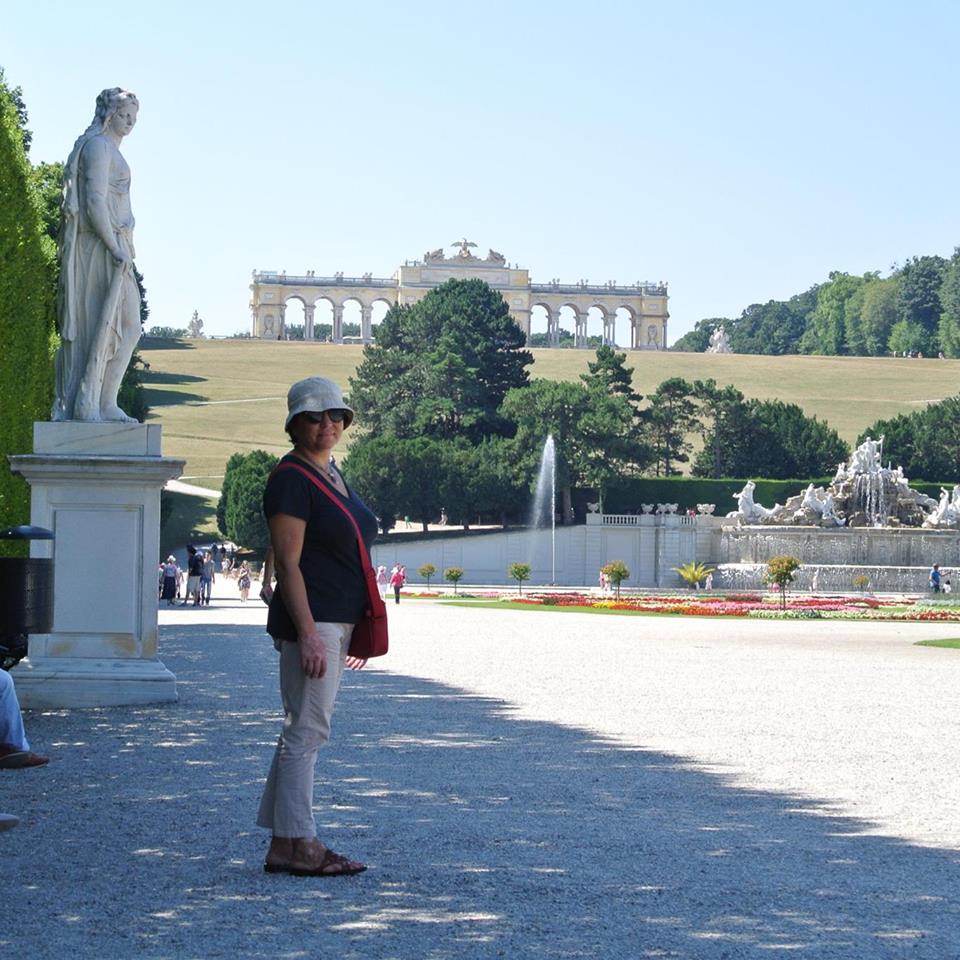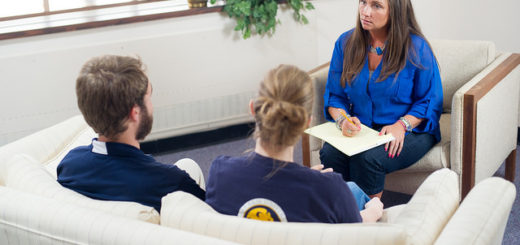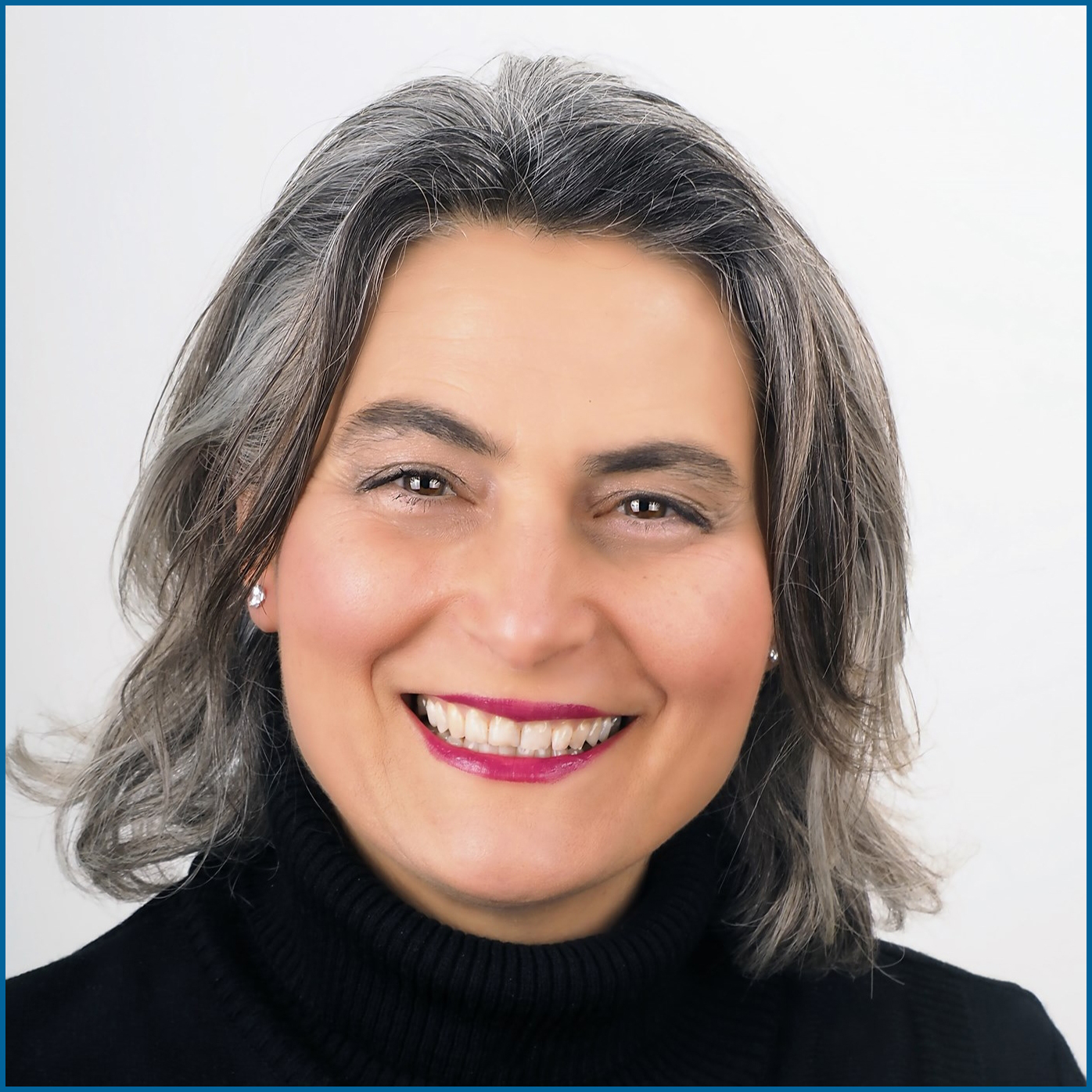Migrants Experience: Being Different In A Foreign Land
My friend Nurcan, a second generation migrant, grew up in a small town in the US. She tells me she was teased and excluded because she was different. As a result she rejected her Turkish identity and refused to speak Turkish for many years. Now as a mature woman she embraces her Turkish culture as a resource. I have other migrants with similar experiences.

Research indicates that migrants who were able to embrace both their original culture as well as the culture of their host country do better on tasks that require thinking and creativity skills. They tend to be more successful than their peers in two cultures.
Migrants Embracing Both Cultures Perform Better
Research indicates that creativity is related to how migrants adapt to new cultures. Those who are able to embrace both their original culture and the culture of their new country do better. They tend to be more successful than their peers.
Such individuals can perceive life events from multiple points of view. They easily move back and forth in their thinking, and adapt to different situations.
The Process Of Being Bi-cultural
The concepts of assimilation and integration were once the terms used to describe the migrants’ level of adaptation to the host country. This reflected the extreme feelings experienced by migrants of being either an ‘outsider’ clinging on the original culture or ‘being one of them’ by disowning valuable parts of themselves.
Now there is a new wave of migrants who find better ways of integrating these cultural differences. Biculturalism is the name researchers give to the experience of embracing two cultures.
From Culture Shock To Biculturalism
When we live in an unusual environment experiencing what we call ‘culture shock’ is normal. The differences in the language, in the food and in the customs create disorientation. Migrants experience profound reactions when they find themselves in environments where there are significant differences in the way people view the world.
There are stages from culture shock to biculturalism we go through when we live abroad. Sometimes this process takes a lifetime, as has been the case with Nurcan.
Nurcan tells me how she suffered low self-esteem because of her ethnic differences. She wished all those years ago she did not take her peers’ teases to her heart. She regrets having spent so many years disowning her cultural inheritance. She wished she could have embraced the gift of belonging to both cultures sooner.
She advises migrants not to feel limited by the narrow mind aspects of their new community. She advises new migrants: ‘You are not limited with your immediate environment; you are a wealthy person with access to more than one culture, benefit and enjoy.’
Watch out for more posts that help people smoothly transition into new experiences and cultures.




